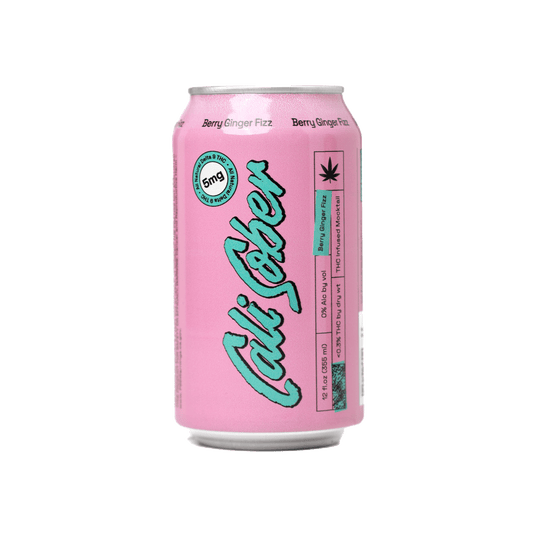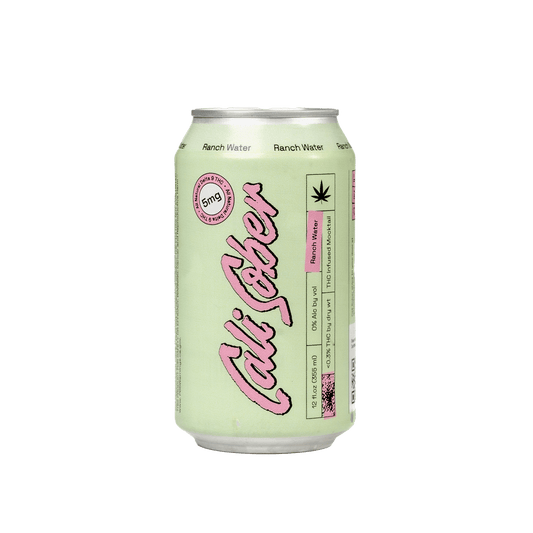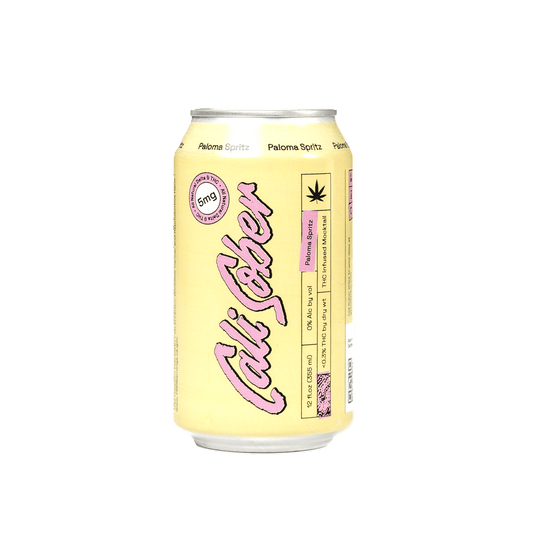The Science of Chill: How THC Can Support Relaxation, Energy, Focus & Sleep
THC (tetrahydrocannabinol) isn’t just about “getting high.” In the right dose and context, it can help your body rebalance - relieving tension, unlocking creative energy, sharpening focus, and supporting better sleep. Here’s what science actually says about it.
1. Relaxation
One of THC’s most well-known effects is its ability to help the body and mind relax. This comes from how it interacts with your endocannabinoid system (ECS) - a network of receptors that regulate mood, stress, and emotion.
-
Research from Harvard Medical School shows cannabinoids can modulate the brain’s stress response and anxiety pathways, potentially reducing physiological arousal in small doses.[¹]
-
A large survey of cannabis users found that relaxation was one of the top reported benefits, with many noting a calmer mind and reduced body tension before sleep.[²]
-
The Sleep Foundation reports that THC appears to suppress the brain’s arousal system and increase adenosine (a natural sleep-promoting molecule), producing a sedative effect at moderate doses.[³]
Cali Sober takeaway: Micro-dose to mellow, not to melt. Smaller THC doses (around 2.5–5 mg) can promote body relaxation and mental clarity without sedation.
2. Energy & Uplift
THC doesn’t always slow you down. At certain doses and in certain strains, it can actually enhance mood and stimulate creative energy.
-
A study from Harvard Medical School’s MIND program found that medical cannabis patients reported “improved mood, energy, and sleep” over time, suggesting dose-dependent cognitive and emotional benefits.[⁴]
-
A large-scale dataset of cannabis users (“Strainprint”) found that people often chose sativa-dominant strains with higher THC and specific terpenes (like limonene) to boost activity and alertness.[⁵]
Cali Sober takeaway: If you’re aiming for an uplift, pair THC with intention. Choose a sativa-dominant or terpene-bright product and keep the dose light enough to stay social and inspired—think “energized, not wired.”
3. Focus
Focus and THC have a complicated relationship—it can help you lock in, or it can make you daydream. Science shows it depends on your baseline, dose, and tolerance.
-
A Harvard-affiliated study found that medical cannabis patients performed better on cognitive tasks requiring executive function, contradicting stereotypes about cannabis and mental fog.[⁶]
-
On the other hand, a 2024 academic study testing programmers under moderate THC doses showed slower code performance and more errors, showing how higher doses can impair precision tasks.[⁷]
Cali Sober takeaway: THC can help creative or conversational focus but may impair high-stakes analytical work. Stick to low doses for creative flow sessions or brainstorming.
4. Sleep
When used intentionally, THC can be a powerful sleep aid - especially for those who struggle with insomnia or restless nights.
-
In a survey of nearly 1,000 participants, 63% of those using cannabis for sleep reported 6–8 hours of uninterrupted rest compared to only 9.5% without sleep aids.[²]
-
A 2021 review found that cannabinoids significantly improved insomnia symptoms, reducing sleep latency (time to fall asleep) and nighttime awakenings.[⁸]
-
A 2023 clinical trial published in the Journal of Sleep Research showed that medicinal cannabis oil improved both total sleep time and quality, increasing light sleep by about 21 minutes per night versus placebo.[⁹]
However, researchers also warn that heavy or long-term use may reduce REM sleep, so THC should be used occasionally rather than nightly.[³]
Cali Sober takeaway: For sleep, timing matters. Take THC 30–60 minutes before bed, avoid screens, and use moderate doses (5–10 mg max). Combine with calming rituals -breathwork, tea, or journaling—for a full mind-body wind-down.
Responsible Use & Balance
-
Moderation is everything. Research confirms THC’s effects are biphasic: low doses relax, while high doses can cause anxiety or impairment.
-
Individual biology matters. Your metabolism, genetics, and tolerance shape how THC affects you.
-
Avoid daily dependence. Studies suggest long-term nightly use may alter natural sleep cycles and emotional regulation.[³]
Cali Sober is about mindful use—choosing THC intentionally for states that serve your body and your goals: calm, creativity, clarity, or rest.





